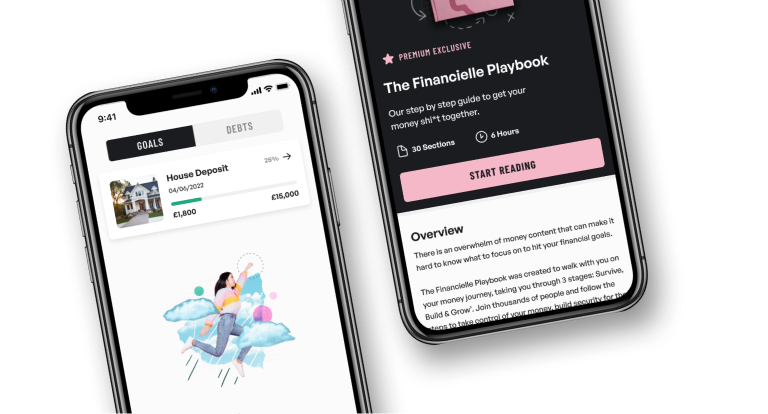Financial Products Are Built By Men, For Men

Financial Products Are Built By Men, For Men
Did you know that women are far more likely to suffer serious injuries in a car crash than men? This is due to crash dummies mainly being modelled on males. Just like most things in this world, it’s become apparent that financial products are designed by men, for men. In this article, we’re going to be getting into why the gender wealth gap is impacted by the way financial services and products are built.
Men and women have different needs
The head of retail banking at Kenya Commercial Bank states “Women are demanding. If you meet women’s needs, you will exceed men’s expectations.” We’ll leave that one here…
It’s easy to think that financial products are built for and aimed at both men and women, but most ‘neutral’ products are actually designed with men’s needs in mind.
According to market research, women have different needs when it comes to financial products and services. Women want to know if a product will work for them, if there are any barriers that prevent them from accessing the product and if there is help along the way if needed.
In a study by Dave Wallace, it was found that women have a longer-term view of money from an earlier age which has resulted in them being interested in and wanting access to investing and savings earlier in life than men do. It was also found that women generally tend to achieve more control over their finances from an earlier age and have to then sacrifice this control as they start having children.
When it comes to the creation of new financial products or existing financial institutions that are striving to be more inclusive, gender should be taken into account to produce more personalised products and services aimed to act in favour of both men and women.
But women live longer than men
Statistically, a woman’s life span is on average almost 8% longer than a man’s life span. This means a woman’s money needs to last longer than a man’s.
Many financial products, such as pensions, base their recommended savings and investments on the average life span. Once again, this is an example of financial products acting in the interest of males rather than females. With males likely to earn more and die sooner, and women generally earning less yet living longer, it’s clear to see who these financial products benefit most.
How is the gender wealth gap impacted by this?
With most financial products being made by men, for men, could this be compounding the problem of the growing gender wealth gap
In discussion with Yahoo Finance, Sallie Krawcheck, the founder of Ellevest said that its “probably not too big a surprise that an industry in which 86% of financial advisors are men, 90% of traders are men, 98% of mutual fund managers are men (and) 99% of investing dollars are managed at companies by men – they default to men.”
With investing being heavily male-dominated, 84% of women feel misunderstood by investment marketers. Women differ substantially from men in how they relate to investing. They don’t want to hear about the growth or comparative performance of different funds; they want information about reaching their long-term goals.
Here are some more stats about women and investing from a study by SoFi:
- Men invest 6.6% of their income, while women contribute 5.4%
- More men prioritise and contribute to their savings before anything else
- 53% of men choose the most aggressive investment plan, compared to 38% of women
You may also like our article on why women are more likely to be in debt.
Patronising media and internalised beliefs
The general advice in the financial media targeted at women tends to be rather patronising. “Don’t get your nails done, don’t spend too much on wine and definitely don’t buy that oat milk cappuccino.” Money is spoken about differently depending on gender. Generally, men associate money with strength whereas women generally associate money with lack and scarcity. This is due to the internal beliefs that have been instilled within women.
Growing up, women are taught to focus on saving and budgeting whilst men are taught how to build wealth and make their money work for them. As a result, it’s been found that 56% of millennial women don’t invest because they’re too worried about the outcome.
It’s also been discovered that women hold 71% of all their assets in cash, compared to men who hold 60%. Is this due to the scarcity mindset that has been instilled in us as women?
In research conducted by Starling bank, it was found that women are portrayed as immature and unsophisticated in the media. This portrayal could lead to women being more discouraged to engage in financial affairs.
That’s where Financielle comes in…

We are a financial education platform built by women for women, who are disrupting the finance industry one gender stereotype at a time. We understand the capabilities of women when it comes to finances, so we’re here to nurture you along your journey of becoming financially well; no patronising or judging here!
We want to see both women and men winning with Financielle. We created the Financielle Playbook to help educate on money, a step by step guide that is empowering women to take control of their money, work towards financial wellness and build wealth from themselves, their families and their communities. Join our free community too and share your wins with us.









